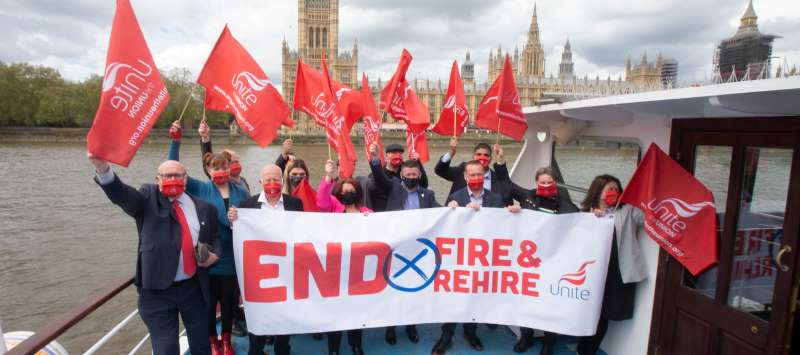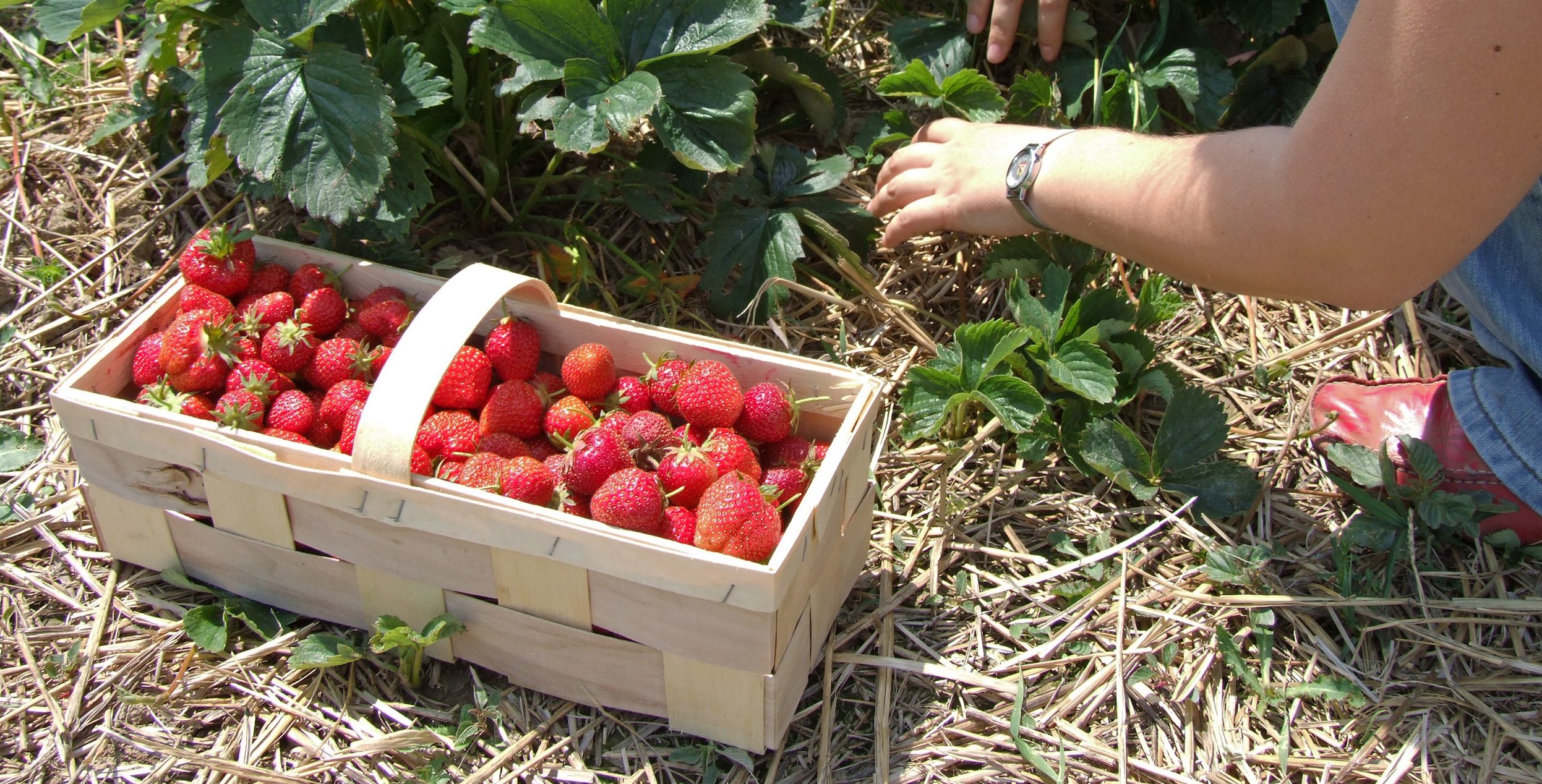â€Protect the bad, tackle the good’
Britain’s anti-slavery authority has nearly doubled its investigations since May, after its powers were extended beyond the food and farming sectors.
The Gangmasters and Labour Abuse Authority (GLAA) began 185 investigations over the last five months, almost double its total for whole of 2016, after Unite successfully lobbied for its powers to be widened.
The GLAA’s investigations are looking at the treatment of workers on building sites, carwashes, warehouses, textile factories and those employed as cleaners.
Charges have already been brought in a number of the investigations and the first case involving the GLAA’s expanded remit is expected to come before the court in a few weeks’ time.
The GLAA changed its name from the Gangmasters Licensing Authority in May to coincide with the changes to its purview.
Since then, the number of investigators working for the authority has increased by 50 to a total of 125.
GLAA chief executive Paul Broadbent told the Guardian, “We have got a bigger team to follow the labour exploitation trail wherever it takes us.
New powers
“We are determined to exploit the fact that we have got new powers to protect the good and tackle the bad.”
The authority conducted 100 investigations last year, but its new powers now mean the GLAA can take on forced labour and human trafficking cases that previously would have been passed to the police.
The GLAA now also investigates employment rights abuses such as the non-payment of the minimum wage and breaches of employment agency rules on pay and working hours and the right to a written contract.
Broadbent, a former chief constable, said the GLAA’s current cases came after tipoffs from unions, vulnerable workers, members of the public and employers.
The authority was created in 2004 after 19 Chinese cockle pickers were killed in Morecambe Bay.
It works with the HMRC minimum wage enforcement team as well as the Employment Agency Standards Inspectorate and the police.
Unite assistant general secretary Diana Holland said the focus now needs to be on keeping the authority properly resourced and for the Gangmasters Licensing Act to be bolstered.
â€Good news’
“It is good news that the GLAA has much needed additional powers and resources to prevent and act on exploitation and abuse of workers. Now, the government must make sure the authority is adequately funded into the future so these are not just short term gains,” she said. “While the GLAA’s powers of investigation have increased to other sectors, the legislation, which ensures the agricultural, horticultural and shellfish gathering sectors can only use licensed gangmasters, hasn’t.
“We know that the evil of modern slavery is spread right across the economy and it’s time that other vulnerable sectors are also subject to licensing.”
Curing modern slavery through targeting criminals is only part of the solution explained Holland. For it to be prevented from happening in the first place trade unions must be strengthened.
She said, “Unite was instrumental in the creation of the GLAA and ultimately the root of this issue can only be tackled by strengthening trade unions and introducing sectoral collective bargaining. These measures would create the robust framework needed to prevent vulnerable workers being left to the mercies of those that would exploit them.”
 Like
Like Follow
Follow


